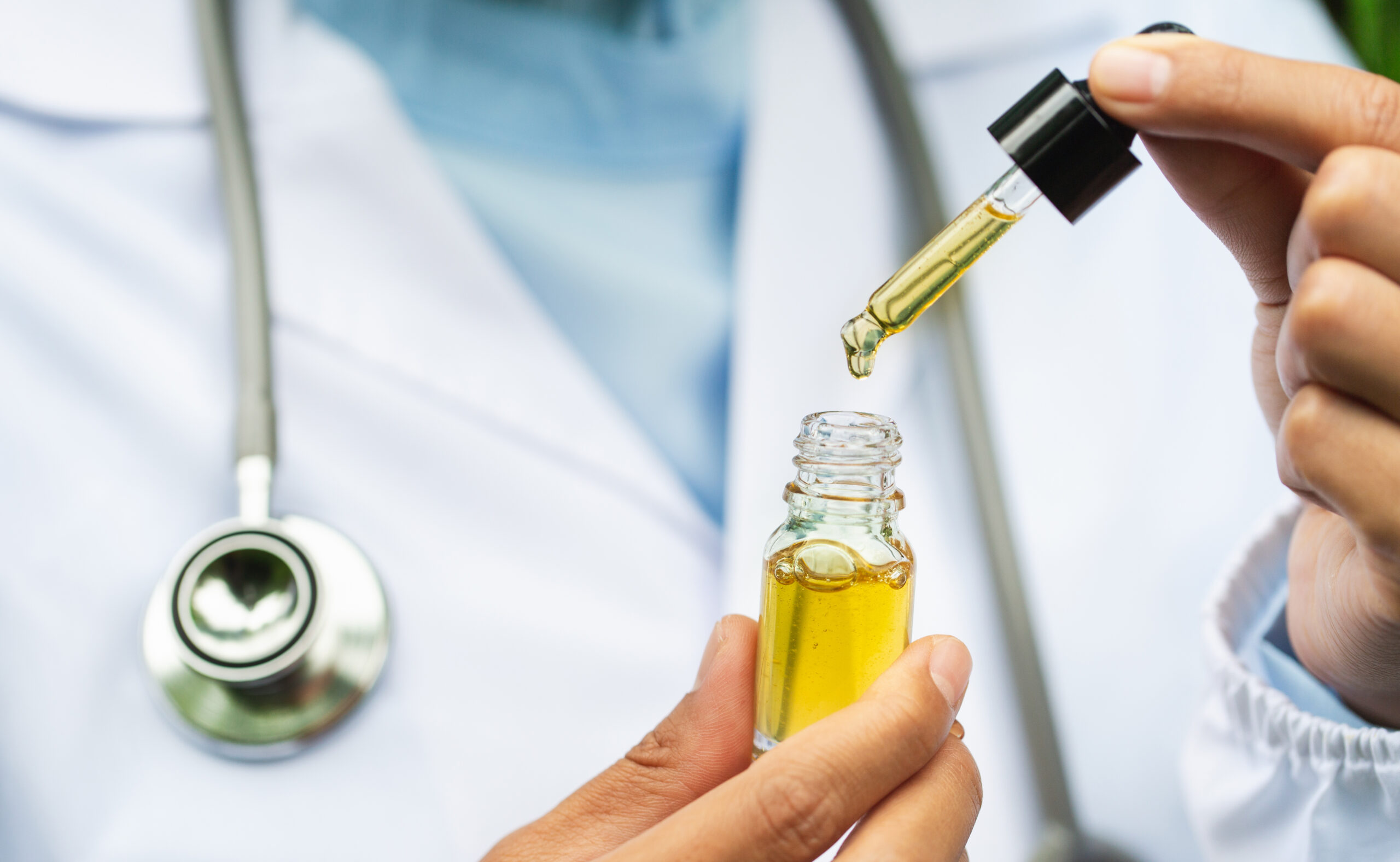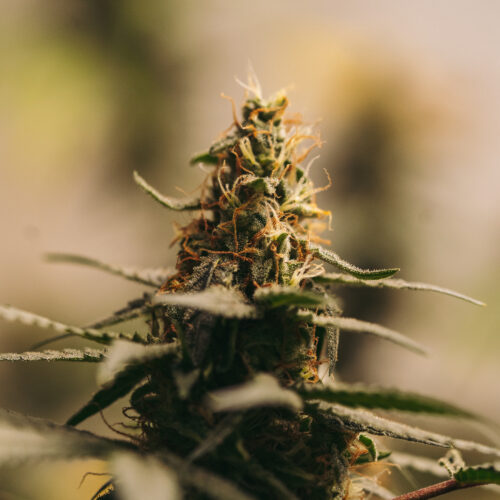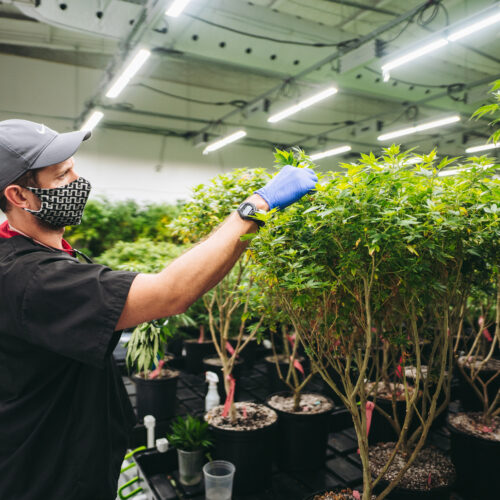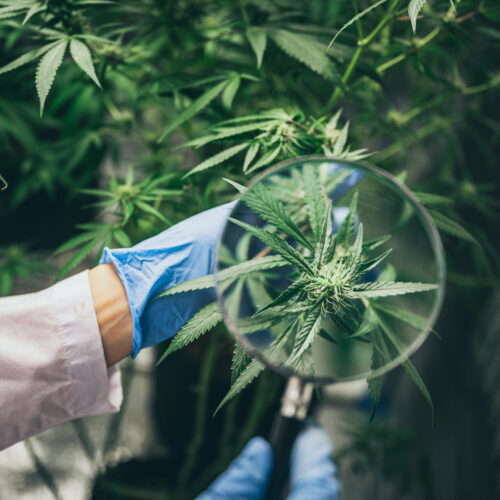Obtaining a Medical Cannabis Prescription in Texas: Your Comprehensive Guide

As of 2023, Texas is one of the 36 states in the United States that has legalized medical cannabis, but it remains a regulated substance. Medical cannabis has been shown to provide relief for a variety of conditions, including chronic pain, epilepsy, multiple sclerosis, and post-traumatic stress disorder (PTSD). However, in order to access medical cannabis in Texas, patients must obtain a medical prescription and register as a patient through Texas’ department of agriculture.
If you are considering using medical cannabis as part of your treatment plan, it is important to understand the process for obtaining a medical prescription and the effects of cannabis on your body.
The first step in obtaining a medical prescription for cannabis in Texas is to schedule an appointment with a licensed physician who is registered with the Texas Compassionate Use Program (TCUP). The TCUP is the state agency responsible for overseeing the medical cannabis program in Texas.
During your appointment, your physician will evaluate your medical history, current symptoms, and any other medications or treatments you are currently using. They will also discuss the potential benefits and risks of using medical cannabis, as well as any potential drug interactions.
If your physician determines that medical cannabis may be an appropriate treatment option for your condition, they will issue a recommendation for medical cannabis use. This recommendation must include the physician’s name, medical license number, and contact information, as well as your name, date of birth, and a statement indicating that you have been diagnosed with a qualifying medical condition.
Once you have obtained a medical recommendation, you must apply for a medical cannabis card through the TCUP website. The application process includes submitting your medical recommendation, proof of identity and Texas residency, and paying a fee.
Once your application has been approved, you will receive your medical cannabis card in the mail. This card allows you to purchase medical cannabis from a licensed dispensary in Texas. However, it is important to note that medical cannabis is still regulated in Texas, and there are strict rules and regulations regarding its use.
For example, medical cannabis may only be used in the form of low-THC cannabis oil, which contains no more than 0.5% THC by weight. Additionally, patients may only purchase a maximum of 2.5 ounces of cannabis oil every 14 days.
It is essential to recognize the numerous potential benefits of cannabis on the human body. Medical cannabis has been found to be effective in treating various medical conditions and providing patients with the relief they need. Additionally, cannabis has shown promise in reducing inflammation and anxiety, making it a viable treatment option for many people.
Moreover, cannabis has been known to help with pain management and may offer an alternative to more traditional medication that can have harmful side effects. To get a more comprehensive understanding of the benefits of cannabis, it is recommended to consult with a healthcare provider. They can provide you with a detailed breakdown of how medical cannabis can help you manage your condition effectively.
Moreover, it is noteworthy to understand the current legal status of cannabis in Texas. While recreational use is not yet allowed, medical cannabis is legal in the state, providing patients with access to alternative medicine that can help alleviate symptoms and improve their quality of life.
Although the possession of cannabis is restricted in certain areas, such as schools or government buildings, the ongoing discussions about legalization indicate the state’s openness to new possibilities. Legalization of cannabis could bring about various benefits, such as generating significant revenue, creating job opportunities, and promoting economic growth.
Additionally, the legalization of cannabis can address some of the flaws in the justice system by reducing the number of non-violent drug offenders in prisons and curtailing the black market. These benefits can be achieved while also prioritizing public safety and health.




